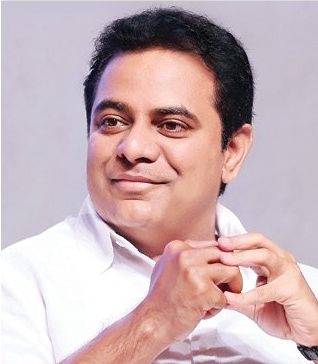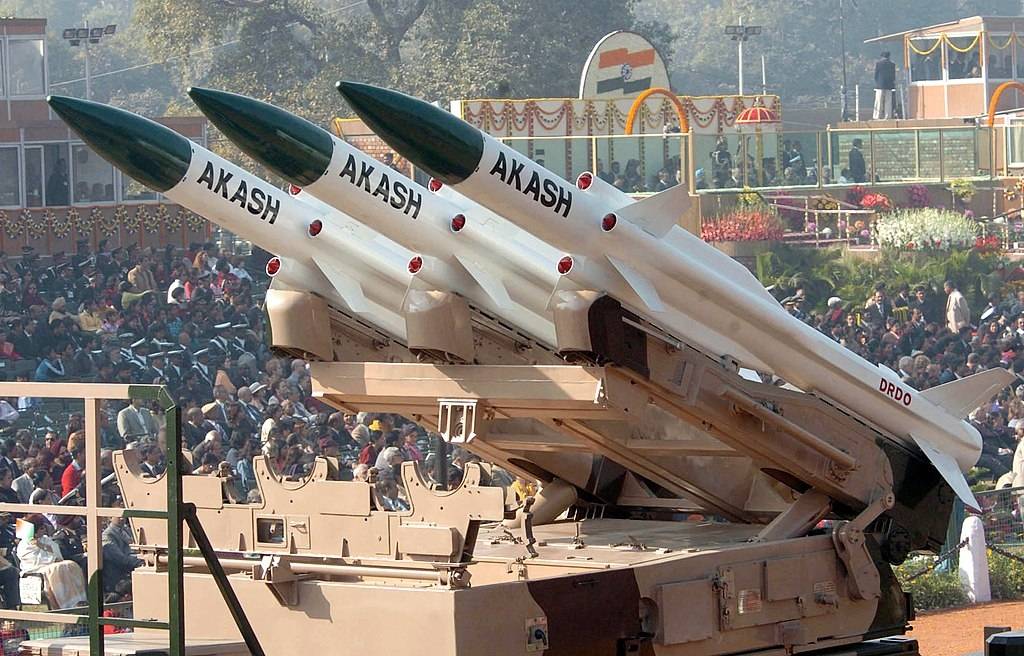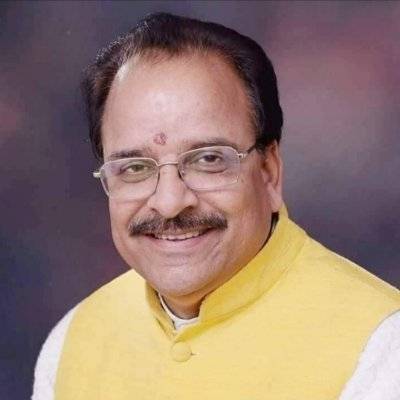The actor recently spoke with us over the importance of star value for a film, the need for big-ticket releases, and the evolution of his working equation with filmmaker S.S. Rajamouli from ‘Magadheera’ to ‘RRR’….reports Akshay Acharya
Telugu superstar and producer Ram Charan, whose upcoming release ‘RRR’ has been postponed till further notice, states that big releases play a vital role in regulating the economy of the film industry.

The big-budget films not only generate employment but also make sure that people working at the lower rung of the crew get paid well.
The actor recently spoke with us over the importance of star value for a film, the need for big-ticket releases, and the evolution of his working equation with filmmaker S.S. Rajamouli from ‘Magadheera’ to ‘RRR’.
Elaborating on the hardwiring of star value with a film, the actor said, “The aspect of star value is only to bring the masses to the theatres. Post that the story takes over and the story has the responsibility to talk and make the audience sit in the theatre.”

Laying down the framework of commercial potboilers vis a vis the film industry, the producer opines, “Every film has its own role to play the business part of the entire industry but these (big releases) are the films that bring glory back to the theatres. Not differentiating between the OTT films or theatre films but on the whole all these (spectacle) films have their own part to play. Their numbers and their economy are integral to not just the industry but also to the government in the form of taxes.”
Ask him how his working with Rajamouli has changed over the years, and he quips, “As actors we evolve with every year, there has been a sea change especially since the last decade. S.S. Rajamouli has evolved multifold and just to work with such a person, who knows what he exactly wants from us, is a pleasure.”
A filmmaker with clarity of thought at the helm is a blessing for any artiste working on a film set, “Our job gets so much easier when we are working with someone, who is so sure about what he’s making. He has evolved so much, I am really blessed to work with him.”
Although the third wave played spoilsport for the film’s release, he is hopeful that normalcy would soon return and the audience while relieving the stress would also appreciate the efforts into putting this film together, “What I am really looking forward to from this movie apart from it becoming a huge hit is that people appreciate the hard work of the entire team for making a film of this scale.”
“I think it’s been so long that I have been in a theatre enjoying popcorn. Films like ‘Suryavanshi’, ‘RRR’ and ‘Radhe Shyam’ are those that should bring back the theatre days to glory and provide a holistic experience of movie watching to people”, he concluded.
ALSO READ-‘Shyam Singha Roy’ set for OTT release






